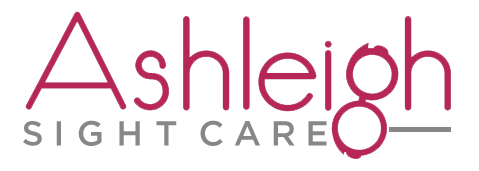Dyslexia and Reading Difficulties
Dyslexia and Visual Stress: What You Need to Know
Some children with reading difficulties may experience symptoms such as discomfort, headaches, or the appearance of words moving on the page. These symptoms may indicate visual stress, a separate condition that can coexist with dyslexia but is not the cause of it.
Visual stress involves sensitivity to high-contrast patterns (such as black text on a white background) and can make reading uncomfortable or tiring. If your child experiences these symptoms, we recommend a comprehensive eye examination funded by the NHS to rule out any underlying vision issues.
Coloured Overlays and Tinted Lenses
Some children with visual stress find coloured overlays or tinted lenses helpful to reduce discomfort. However, it is important to understand that:
- These aids do not treat dyslexia.
- Scientific evidence supporting overlays or tinted lenses as effective treatments for reading difficulties is limited and mixed.
- Overlays or tints should only be considered as optional tools to help with visual discomfort — never as a replacement for proven reading interventions.
- Structured, systematic phonics-based instruction
- Multisensory teaching methods that engage multiple senses
- Individualised education plans tailored to your child’s needs
- Collaboration between families, educators, and specialists
We focus on providing support based on this well-established evidence to help children build reading skills, confidence, and independence.
At this time, we are not offering any extended service in respect of dyslexia beyond that which is provided by the NHS because the paucity of evidence in alternative optometric management is currently variable. We are an optometric practice that does not specialise in the treatment or management of dyslexia and learning difficulties and concentrate on the proven route of optical assistance where indicated.

